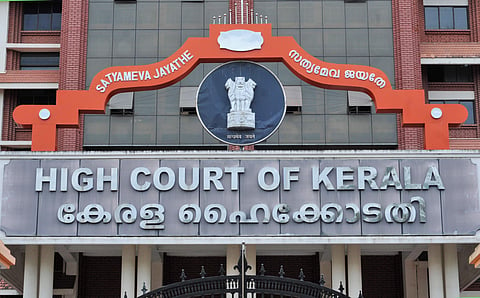

KOCHI: Is taking DNA samples of children born to rape victims a violation of the divine concept of adoption? The Kerala High Court seems to have taken the matter seriously after it stayed all orders for the collection of DNA samples of adopted children in the wake of a report filed by the Victim Rights Centre, Kerala Legal Services Authority. DNA tests are done on the child of the rape victim to prove the offence of rape by the accused.
However, the Victims Rights Centre, in its report, said such DNA tests will only defeat the purpose of the divine concept of adoption, especially when the law protects the rights of the rape survivor. “There are instances where orders are issued to collect blood samples for DNA tests of adopted children who have attained an age of reasonable comprehension. In some cases, adopted parents would not have even divulged the fact of adoption to the child.
The child would have blended so well with the adopted family that a sudden revelation that he/she is an adopted child and that too of a rape victim can imbalance their emotional status and can result in them exhibiting behavioural disorders and aberrations,” said the report by the Victim Rights Centre. Considering the report, the High Court initiated the case suo motu and posted the matter before Justice K Babu who stayed all orders to collect DNA samples of adopted children.
Advocate Parvathy Menon, project coordinator, Victim Rights Centre (VRC), KELSA, told TNIE that the prosecution’s petitions for collecting DNA samples of children born to rape and POCSO victims when allowed by courts adversely affected the privacy and interests of children already given in adoption and in turn affected the women and child department of the government.
Since it is a department-to-department issue, the Victim Rights Centre under KELSA was approached by the Women and child department as to how to address the conflict of laws involved. The VRC then prepared a report after detailed discussions in March 2023 with the Advocate General, Director General of Prosecution and the then Member Secretary KELSA, and placed it before the Advocate General who in turn placed it before the Chief Justice of Kerala High Court.